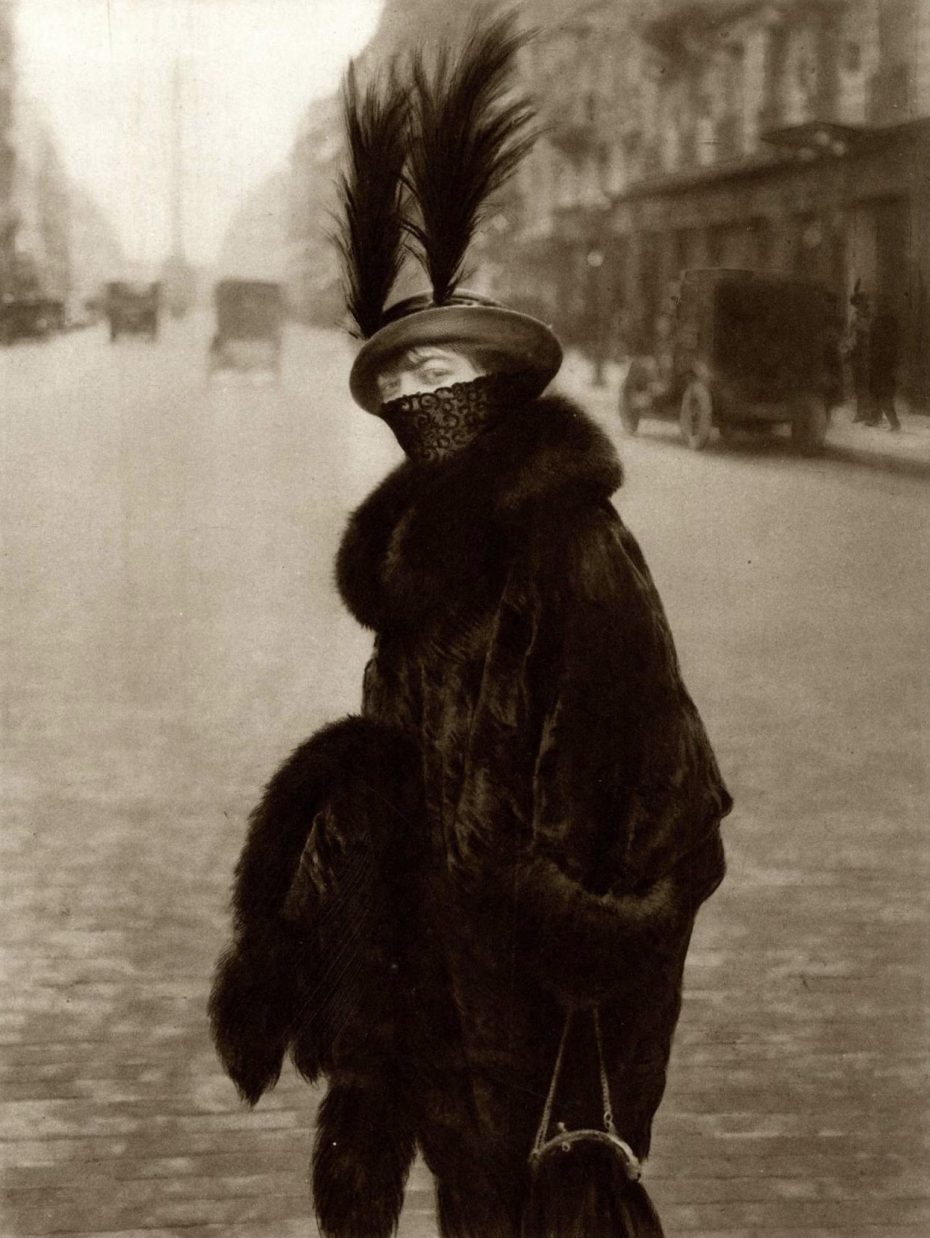
Madame Joséphine Dupont wasn’t really a Madame, but a Mademoiselle. Or at least a girl at heart, in love with the much younger Charles Duval, a Professor of Archaeology who had been sent to war only a couple of years after they had met.
A couturier by trade, Joséphine filled her days immersed in her craft, creating fashionably flowing garments, styled to facilitate free movement for a handful of women who were plotting to ditch the corset.
Her clients, mainly from the bourgeoisie, frequented her little apartment at Rue de la Paix. They were loyal to her, even though she wasn’t exactly the friendliest. No one else in Paris that could match her level of skill when it came to transforming a woman’s silhouette. The perfect dress meant everything to Joséphine. She would fret over an unsightly hook and lose sleep over the fall of a fabric. She would pore over intricate details of lacework and dabble with ideas to accessorise overalls for women who had just started working in factories.
One evening after work, as Joséphine made her way towards the nearest tabac, she heard someone call her name.
‘Excusez-moi Madame Dupont!’ It was a policeman. Joséphine recognized him from the sound of his footsteps. The same heavy gait that pounded the wooden stairway of her apartment making it creak painfully. He would come to pick up the long-feathered hats his wife wanted a steady supply of every season.
But today, the policeman was serious. ‘Madame Dupont, this was in one of your hats. What does it say?’
Josephine swallowed hard. She could feel her palms getting sweaty. The policeman was holding a piece of crumpled paper with a few alphabets scribbled on it. Except Joséphine knew that they weren’t just random alphabets. They were codes she had developed over many years.
Joséphine always had a penchant for cryptology. Beneath her slender silk-clad frame, was a body and mind trained for war.
The letters on the crumpled paper read “TZAXUYTH”. A message that otherwise seemed gibberish but held great significance to the ones who could decipher it.
She would sew the papers into the seams of dresses, and have them sent across the border by Pino, her trusted coursier who lived in Lorraine. There the dress would be intercepted by Erika, her long-time client and friend, who would then rescue the papers by unstitching the hems – and hand them over to none other than Charles Duval, Joséphine’s better half. Charles guarded the borders and helped the French government decode German cryptographs. It was Joséphine who had taught Duval the art of deciphering secret codes before he left for war.
But for now, Joséphine had to answer the police officer. He narrowed his eyes. Half suspicious, half certain. She was soon surrounded by three other gendarmes.
‘What does it say?’ asked the officer impatiently.
‘It’s a code – a code of conversation. Between my husband and I. It’s…it’s our thing’, said Joséphine embarrassedly.
Her mentor had taught her well. She had developed two sets of cryptographs. One for her personal life – whatever that was – and another one for her commitments as an undercover agent. She mixed up the messages when she sent them. So, in case she was caught, no one would ever find a link between them.
Joséphine placed her hands on her belly and looked up at the officers. ‘It says, “Hello Papa, come back soon”’, she said.
The policemen looked at each other and then at her. Suddenly they seemed to lose interest in her story.
‘Bonne soirée messieurs’, said Joséphine as she turned around to walk away. It was cold. She clutched herself and touched the sleeve of her left forearm, as she walked faster. Hidden beneath the fur, was a zip. She opened it to reach a secret pouch. It had some German money, the newly introduced Papiermark. It also hid her Identity card that read Elke Braunsteiner.

